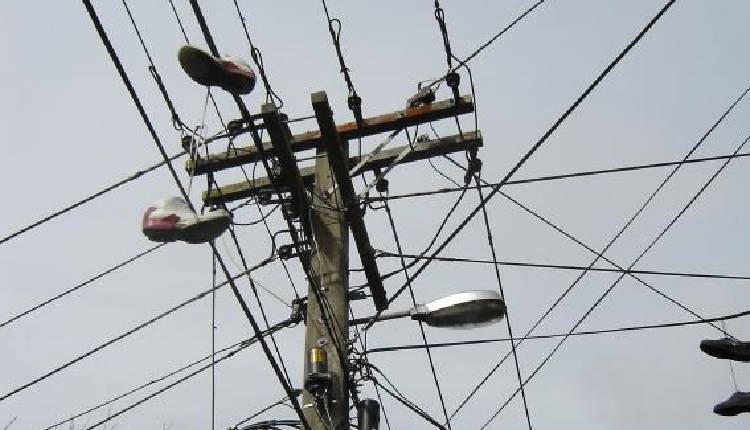Bhubaneswar : Amid increased screen time, the onset and progression of myopia and the cases of ‘squint eye’ among school-going children in India may have increased at an alarming rate since 2020.
Dr Chandra Sekhar Sahoo, Consultant Ophthalmologist at Dr. Agarwals Eye Hospital, Odisha said, “Our figures show that there is a 100% increase in annual myopia progression and a five-fold increase in annual ‘Squint Eye’ cases among children of 5-15 years during the pandemic year”. Speaking on the occasion of Children’s Eye Health and Safety Awareness Month, observed every August, Dr Chandra Sekhar Sahoo, said, “There has been an unprecedented increase in the number of acute onset comitant esotropia among the paediatric population during the recent pandemic years. In our hospitals, ophthalmologists used to see 1 or 2 cases in a year before COVID-19 but today there are more than 10 cases. The progression of myopia has been another cause of concern. We find nearly 100% progression among children.”
Dr Chandra Sekhar Sahoo added that during the lockdown period, the near-work often involves computers, laptops, and mobile phones or tablets, taken up without frequent breaks and increased screen time for academic or other purposes. This visual stress could lead to squinting and has an accelerating effect on myopia progression. Both books and other paper-based materials, as well as light-emitting digital devices, pose an equal risk to myopia progression. But the light-emitting digital devices can cause other problems like dry eye and photosensitivity.
Dr Chandra Sekhar Sahoo suggested that when online classes are not avoidable, parents can ask their children to use laptops/desktops – instead of mobile phones, as the distance of eyes from these digital devices would be more, compared to mobile phone screens. It is important to ensure sunlight exposure for 1 to 2 hours a day with outdoor play if possible. A healthy, and well-balanced diet will promote overall development.
On the latest treatments for myopia, he said that for myopia progression, the treatment options are low dose atropine eye drops, progressive addition lenses, multifocal spectacles, special contact lenses like orthokeratology, and RGP contact lenses. But cases of acute onset comitant esotropia are not reversible. In these cases, strabismus surgery must be done to restore binocular vision.
-Odisha Age




